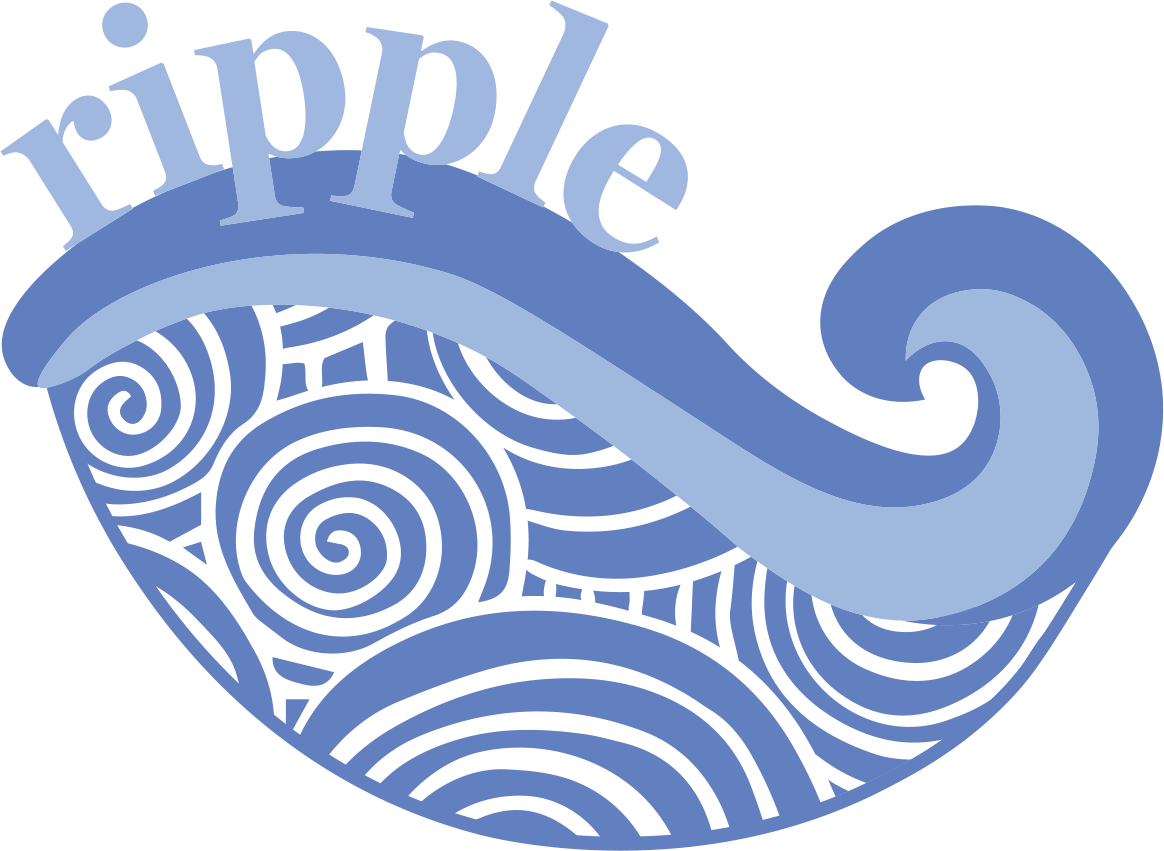Common Reasons Why People May Not Want to Get a COVID-19 Vaccine
In a CDC survey conducted in Sep 2020, the most cited reasons for people to not get vaccinated were concerns about side effects and safety of the COVID-19 vaccine, waiting to see if the vaccine is safe and receiving it later, lack of trust in the government, and concern that COVID-19 vaccines were developed too quickly. ...READ MORE
How to Communicate With Parents About Vaccinating Their Children
The CDC recommends that everyone over age 6 months should get a COVID-19 vaccine. When communicating with parents about vaccines for infants, assume that parents will vaccinate, as this helps inspire confidence in parents. If they are uncertain, provide a strong recommendation, and listen to their questions and concerns. It may be helpful to share your own experiences with vaccination,...READ MORE
Common Myths About COVID-19 Vaccines (with Corrective Info)
Responding to the COVID-19 pandemic has proven difficult due to widespread misinformation (or misunderstandings) and disinformation (or deliberate falsehood) about the virus, especially online such as though social media, as well as on the radio or TV. Here are some examples of untrue beliefs about vaccines: It is important to seek out information about COVID-19 from trusted sources of information,...READ MORE
It is Important to Vaccinate Children
The United States recommends a number of vaccines in childhood for a variety of reasons including: In order for children to attend school in Alaska, they are required to have the following vaccinations: Each vaccine has different dosing requirements and schedules, so it is important to visit the CDC or other healthcare website, or your local physician/pediatrician to learn more...READ MORE
Benefits of the Flu Vaccine & What You Need to Know
Influenza, also called the flu, is a serious illness. Every year, 35-75 million people in the US get the flu, 400,000-900,000 people are hospitalized from the flu every year, and 20,000-100,000 people die from the flu every year. Getting a flu vaccine each season can help protect you from getting seriously sick from the flu. Flu vaccines help weaken the...READ MORE
All Categories
- About Vaccines12
- Alaska Native & American Indian Peoples and COVID-192
- Alaska Native & American Indian Peoples and COVID-19 Vaccines15
- COVID-1914
- COVID-19 and Vaccinations Specifically in Alaska Native and American Indian Communities17
- COVID-19 Epidemiology3
- COVID-19 Vaccines6
- Herd Immunity1
- How is COVID-19 Transmitted?1
- How Vaccines are Developed2
- How Vaccines Work2
- Making Decisions About Vaccines10
- Parents2
- Safety & Side Effects4
- Seasonal Flu Vaccine1
- Talking with Others about Vaccines3
- Types of Vaccines6
- Vaccine Anxiety3
- Vaccine Confidence3
- Vaccine Myths2
- What is COVID-19?10
Tags
- Access/
- Alaska Native / American Indian (ANAI)/
- Alaska Native languages/
- Allergy/
- Anxiety/
- Boosters/
- Breakthrough Infections/
- Breast Feeding/
- CDC/
- Children/
- Communities/
- Community/
- Confidence/
- Conspiracy Theory/
- COVID-19 Vaccines/
- COVID-19 virus/
- Data/
- Deaths/
- Effectiveness/
- Elders/
- Epidemiology/
- Families/
- FDA/
- Federal Government/
- Fertility/
- Flu Vaccines/
- Immune Compromised/
- Influenza (flu)/
- Ingredients/
- Long COVID/
- Masking/
- Misinformation/
- mRNA/
- NIH/
- Parents/
- Past Pandemics/
- Pregnancy/
- Prevention/
- Reinfection/
- Rural Communities/
- Safety/
- Severity/
- Side Effects/
- Social Media/
- Spread/
- State Government/
- Symptoms/
- Testing/
- Treatment/
- Tribal Health/
- Trust/
- Vaccination Rates/
- Vaccine Development/
- Vaccines/
- Veterans/
- WHO/
- Youth/
